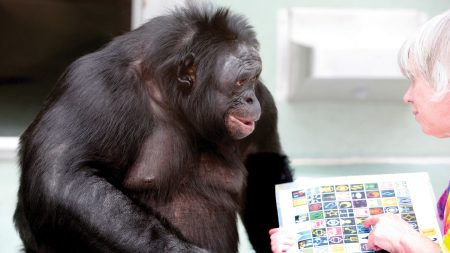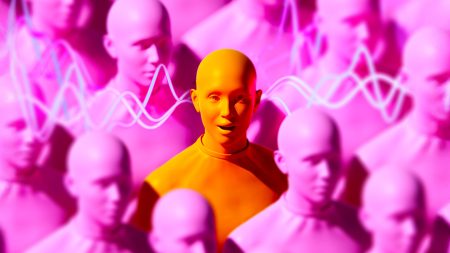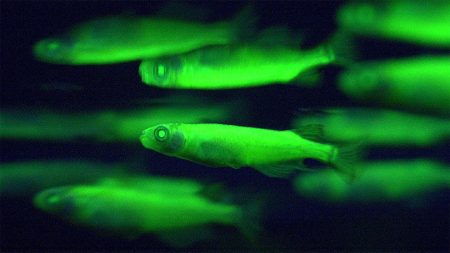Genes from animals can be combined with genes from bacteria to create DNA “chimeras,” which are molecules consisting of genes from different sources. This technique allows animal genes to replicate in bacteria and may eventually be used to correct genetic defects. However, recent advancements in gene-editing technology have expanded the scope of chimera experiments beyond bacteria. Scientists have created mouse embryos with human cells, grown brain tissues that are a mix of rat and mouse cells, and even developed mostly human organs in pigs. In a recent groundbreaking development, surgeons successfully transplanted a genetically modified pig kidney into a human, with certain pig genes removed and human genes added to enhance compatibility with the human immune system. The patient was discharged from the hospital but later died from an unrelated cause.
The cross-species gene manipulation, referred to as chimeras, has raised ethical concerns and sparked debates about the potential implications of creating organisms with mixed genetic material. While the technology holds promise for correcting genetic defects and improving organ transplantation compatibility, it also presents challenging ethical dilemmas regarding the boundaries of species and the implications of altering genetic makeup. The ability to grow human organs in animals like pigs could revolutionize organ transplantation and address the critical shortage of donor organs. However, it also raises questions about the moral implications of gene manipulation and the potential consequences of creating hybrid organisms with mixed genetic material.
The recent success in transplanting a genetically modified pig kidney into a human highlights the potential of chimera technology to overcome the barriers to organ donation and transplantation. By modifying the pig kidney to make it more compatible with the human immune system, scientists were able to achieve a successful transplantation that improved the patient’s quality of life. While the patient ultimately died from an unrelated cause, the procedure demonstrates the progress in genetic engineering and the potential applications of chimeras in medical research. As scientists continue to push the boundaries of genetic manipulation, the ethical considerations surrounding chimera experiments become increasingly complex and challenging.
As the field of genetics and biotechnology continues to advance, the implications of creating chimeras with mixed genetic material will become more prominent. While the potential benefits of correcting genetic defects and developing compatible organs for transplantation are significant, the ethical concerns and societal implications cannot be ignored. The intersection of science, ethics, and technology in creating chimeras raises questions about the boundaries of species, the implications of altering genetic makeup, and the responsibility of scientists in conducting research in this controversial area. As the field progresses, it will be essential to engage in meaningful discussions and debates about the ethical considerations of chimera experiments and the potential consequences of manipulating genetic material across species boundaries.
The success of combining animal genes with bacteria and creating DNA chimeras represents a significant milestone in genetic engineering and biotechnology. The ability to manipulate genetic material across species boundaries opens up new possibilities for correcting genetic defects and improving organ transplantation outcomes. However, the ethical implications of creating chimeras with mixed genetic material raise complex questions about the boundaries of species, the morality of genetic manipulation, and the potential consequences of altering genetic makeup. As scientists continue to explore the applications of chimera technology, it will be essential to consider the ethical concerns and societal implications of crossing species boundaries in genetic research. By engaging in open dialogue and thoughtful deliberation, we can navigate the complexities of this emerging field and ensure that genetic engineering advances are guided by ethical principles and responsible research practices.















